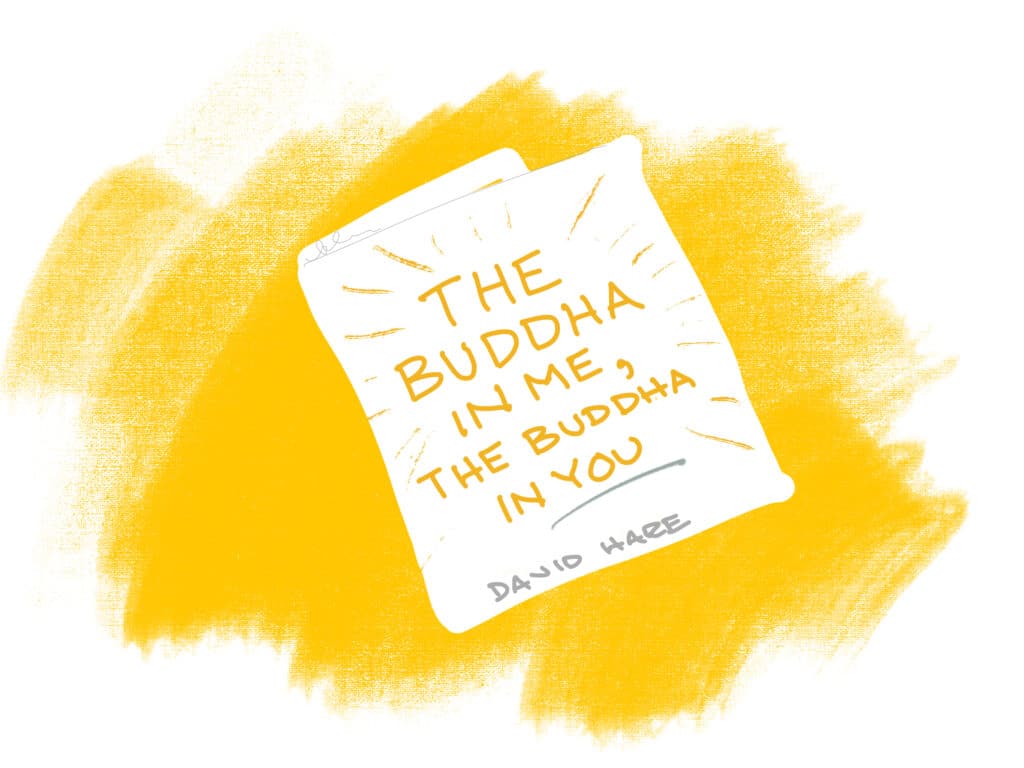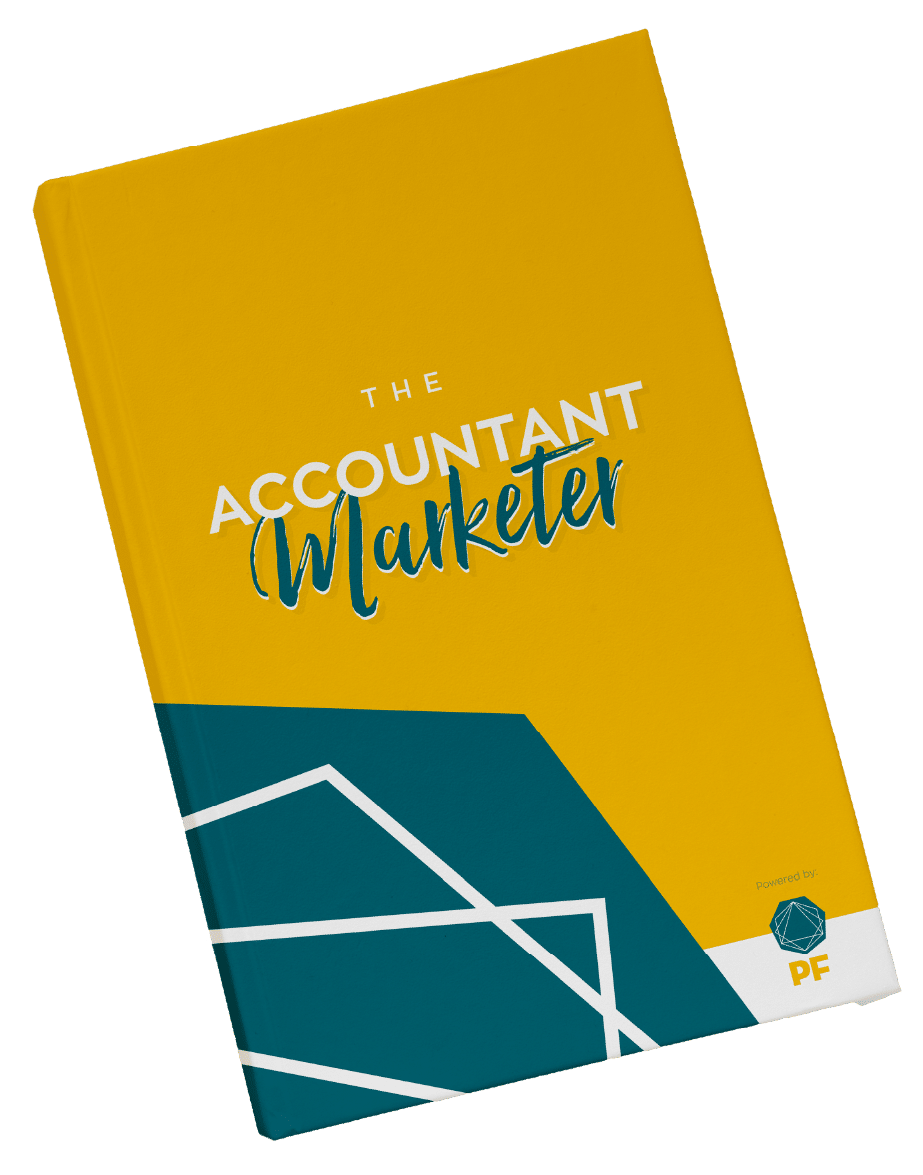I read. A lot. My list of “books to read” has over 100 titles listed, and every time I mention a book I’ve appreciated, I get another recommendation of a new one and the list gets longer.
One of the books recommended to me years ago was “The Buddha in Me the Buddha in You”, by one of the PF team. She mentioned it had some helpful principles about how we navigate life – and whether you’re a buddhist or not, there are principles you can learn from and apply in life.
I wrote it down, forgot about it, and moved on with life. Read lots of other books.
And then when I broke my ankle, and was sitting and resting a LOT, with loads of time for reading, I went back to my list and started reconsidering some of the titles on it.
When I looked up “The Buddha in Me the Buddha in You”, the subtitle was “A Handbook for Happiness”, which struck a chord.
Dealing with an injury is difficult. Sad. Wearying. It can be hard to find happiness and every day feels about the same.
So I bought it. I bought the hard copy, and put it by my bed, and started getting into a pattern of reading a chapter every morning with my coffee.
In the past I never really liked reading books one chapter at a time. I’ve seen the suggestion often – “just read one chapter a day!” Or, “read a chapter of a book every day with lunch!” – but when I tried it, I got too distracted. I’d forget what I read the day before, and it felt really disconnected to try to read it that way. I preferred to read a book at one fell swoop. Get fully absorbed into it and focus on that topic before moving to another one.
But my attention span (already minimal, and even shorter in the healing period) made that impossible, so I went with the one chapter a day approach and discovered to my surprise it was working. I had time to think on the topics. I had something to look forward to every morning. And the principles applied to all areas of my life – personal and business and relational and all – so it was a good way to start the day.
A few weeks ago I finished it, and thought I’d share some of the principles I appreciated and which helped me straight away as I navigated my life during a healing time:
Thank the spoon
If a glass appears to have clear water, but there’s mud and silt at the bottom, and a spoon stirs it all up, you become aware of the dirt (which you weren’t aware of before) and you can deal with it, so you’re grateful. It still sucks, but at least now you know what you’re dealing with.
Same with hard things in life. If things appear to be going okay, and all is clear, and then suddenly something hard happens, it stirs up things you haven’t dealt with yet. And it sucks, but then over time you realise what it stirred up and you are grateful for the opportunity to deal with it.
So you thank the spoon. Broken ankle? “Thank you, spoon.” Client who is disgruntled? “Thank you, spoon.” Car going reallllly slow in front of you? “Thank you, spoon.” And you deal with what has been stirred up.
Fundamental darkness
Those of you who have studied the “ego” concept will recognise this – sort of the worst self, the “Survival Obsessed Self” who responds in a way based on survival but not growth. I appreciate the term because ‘darkness’ feels like it accurately reflects where my soul and mind go sometimes. A dark place which isn’t the healthiest but it makes sense why I’d default to it.
There’s a gift in the struggle
This is a concept I’ve understood for some time, and appreciated the reminder. Any struggle, any difficulty, always has a blessing, a gift. There are good things which come from them. For me this doesn’t mean fake positivity, pretending everything is great when it’s not; but it does mean I insist on looking for the gift.
We even turned it into one of our company values at PF, and defined positivity as believing there is always a gift and looking for it. Sometimes you look for it for a long time; sometimes you look whilst being angry or frustrated or weary; sometimes you give up and then revive yourself to try again. But there is always a gift. (It’s similar to the “thank the spoon” concept above.)
He describes it visually as “the lotus flower in the muddy pond”. You can focus on the mud, or on the flower, but they’re both there.
Nam – myo – ho – renge – kyo : “The happiness soundtrack”
This is the Buddhist chant the author recommends, and the five principles are described in the book. I pulled out the core concepts of each as they applied to me, and they are:
- Purpose
- Mystery
- Potential
- Bloom in the struggle
- Flow of life
Although chanting isn’t something I’m doing regularly, I appreciated these principles, and the reminder every day that…
- I have a purpose unique to me
- There are mysteries to consider as I go
- There is greater potential I can lean into
- I can choose to bloom in the struggle, to see the lotus flower in the muddy pond.
- This all flows together in a bigger picture.
There’s much more in the book, and I’m sure when you read it you’ll pull out other concepts helpful to you. But now you know some of them, and when you hear me thanking the spoon, or asking you what the gift is, you have a little more background to it.
My question for you is…what are you reading right now? What are you appreciating about it?



